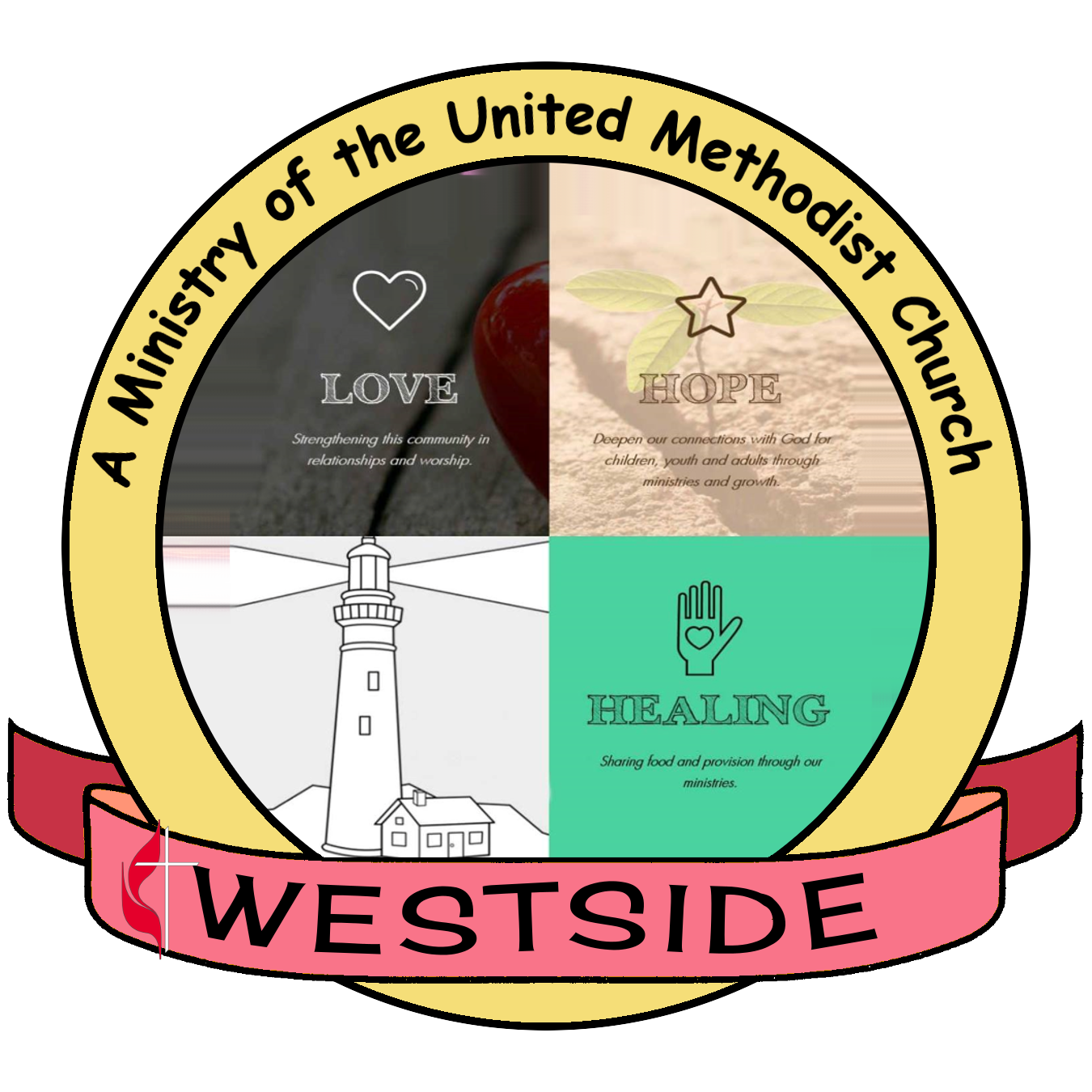When we were in the Dominican Republic we did a trust walk. Have you done one of those?
We paired up and the first instruction was to only use your voice not touch to direct your blinded partner. We each were leading our partners around the room, voice only: “Take two small steps forward and stop. Turn to the right. etc.” Then we were to be led by our partners, us blinded, and this time without voice, only with touch. The interesting thing was that with both exercises each person leading and following was unique. Each had his or her own style of leadership and own way of following. Some followed confidently, taking bold steps when instructed, others meekly, taking little half steps one after another.
On Sunday Sep 18th at our Transitions Team meeting, I repeated this exercise for the 8 team members present. (I’m grateful for this team!)
It was fun to watch the teams work together, this time. Some were so detailed in instructions, others less so, some quieter, others louder, some stuck only to the instructions, others were super encouraging. The leaders also led from different positions. Some leaders led from the front, others from the side or still others from behind. And each managed to lead their partner successfully. It became clear that leadership clearly can be valid from in front, the side or behind those being led. It also can be quiet or loud, bold or subdued and still accomplish the goal. This was important to realize as we discussed that there is not a “one-size-fits-all” style of leadership.
As we are walking this year of transition, looking back at all the great experiences we have had together and looking forward to what Jesus yet has for us, this was an important thing to notice. We also discussed an Old Testament story that captured how the leader there involved his followers in executing their own solutions, how he was respected and loved by those following, and how much trust they had in him. That trust element both in the story and the trust walk certainly is a crucial aspect of being a leader. People need to know they can trust you. As we discussed this all in light of whomever God may be bringing to Westside beginning July 1, we noted how much the desire is for the new leader to know and love Jesus and be someone who follows the lead of the Holy Spirit.
Be on the lookout for this: The team is going to set up a prayer location in the sanctuary for our new, incoming pastor. We don’t know who is coming yet, but we do know, this person needs our prayers for him or her to be hearing God’s call upon them to move to a new place, and given a willingness to heed this call. This person also has a life, now, which needs to be covered in prayer. There will be a journal in this place too, for you to write scriptures and words God is giving you for this new person. Write your prayers there for this person. We plan to present this to him or her upon arrival here. What a gift this will be.
As we journey in this year, we have noticed a diminishing attendance in worship. Part of this is life, but part of this is perhaps connected to this transition year. Some people just hate change and may leave early so that it won’t hurt so much. Actually, this heightens pain for by doing so one unplugs the gift gained from being in community, and loses out on the time we could spend together NOW!
We don’t want that for you. Some people say, “I’m going to miss you so much,” yet are not coming to worship where we could be together in God’s presence time and again. My encouragement to you is this: Come. Don’t miss a Sunday. Stay engaged.
First, Scripture makes that admonition: “Don’t give up meeting together, as some are in the habit of doing. But do so all the more…” (Hebrews 10). You see -- it was a problem then! There’s nothing new under the sun. So, come!
Second, Jesus called you and me to follow HIM which meant automatically following into a community. We cannot learn to love without having brothers and sisters around us who are challenging to love and practicing! :-)
Third, each week Jesus is doing something here you can only be part of when present. We plan worship for God encounters to happen. Last week we experienced several of these. It was incredible.
Finally, do you realize YOU are a crucial part of this community? We cannot be the same without you. So, don’t let anything hinder you from meeting together. Come. Worship. Engage. And come expecting to see God move in some way.
See you in worship…









